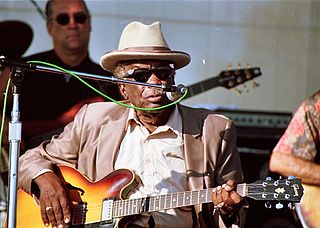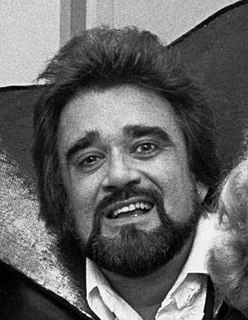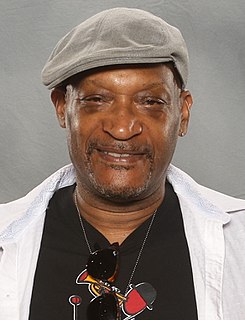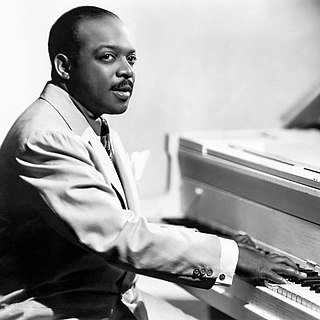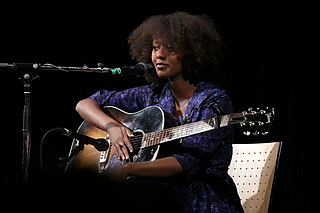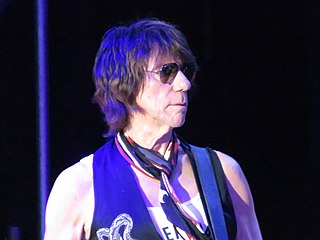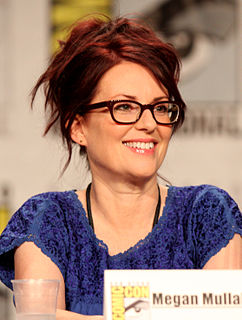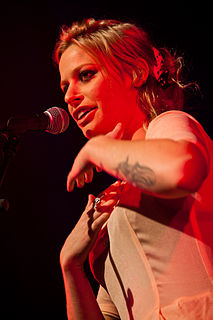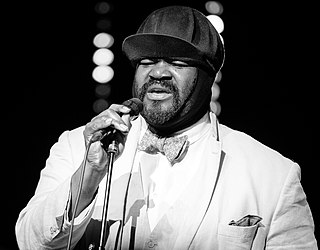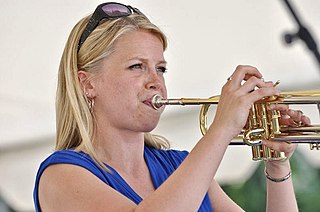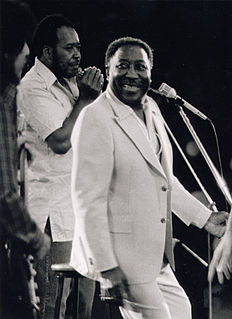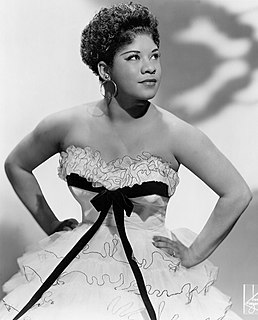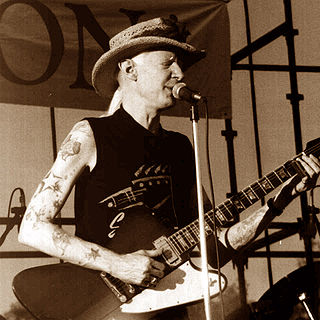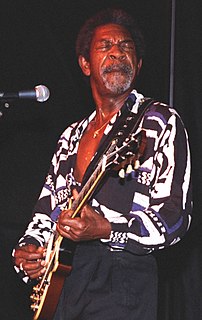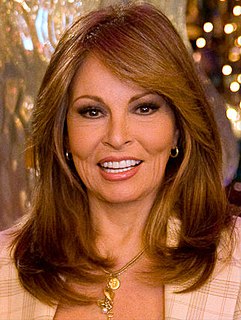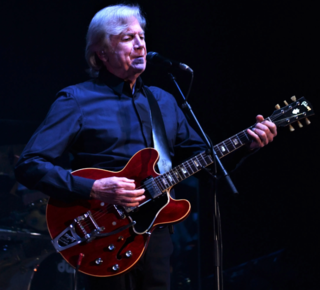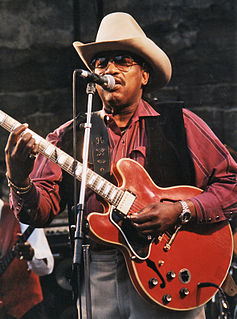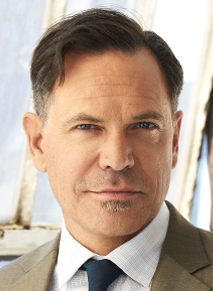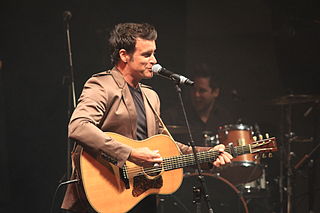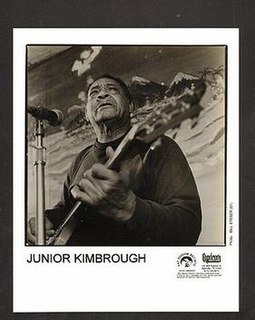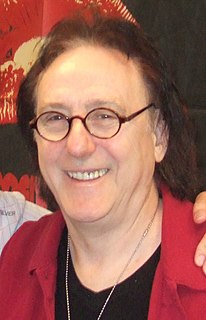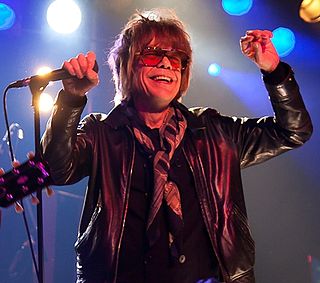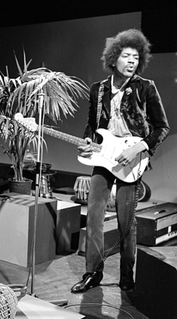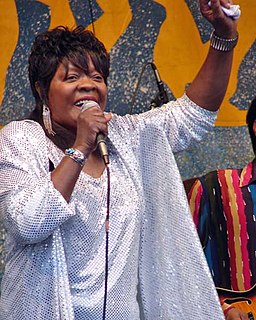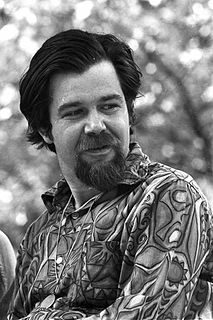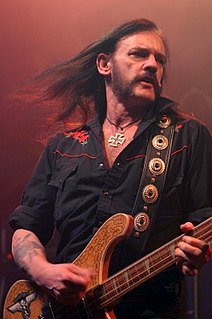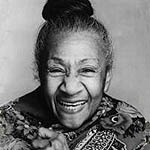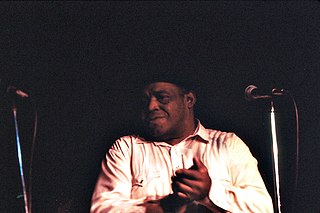Top 1200 Chicago Blues Quotes & Sayings - Page 2
Explore popular Chicago Blues quotes.
Last updated on October 19, 2024.
There's a lot of women in blues music, lots of strong women and that sort of stuff. It's not the first thing that comes to mind when you think about blues. There were a lot of powerful blues guitar players in the olden times that were women. It's just that when you think about blues, you have this one image in your mind.
You've heard me call myself a bluesman and a blues singer. I call myself a blues singer, but you ain't never heard me call myself a blues guitar man. Well, that's because there's been so many can do it better'n I can, play the blues better'n me. I think a lot of them have told me things, taught me things.
There was a time when I had the blues - I mean I really had it bad. I couldn't pay my light bill and I couldn't pay my rent and I really had the blues. But today I can pay my rent and I can pay the light bill and I still got the blues. So I must been born with 'em... That's my religion - the blues is my religion.
I listen to a lot of Chicago blues, I suppose. It reminds me of growing up, I guess. But I'm also obsessed by close-harmony groups. Actually, I'm fascinated particularly by brother duos, how they blend together. The Everly Brothers, the Stanley Brothers, The McQuarrys. There's something inherently magical about harmony.
Recording in Nashville was absolutely essential to get the sound, the musicians, the atmosphere, the warmth... There are just cult places like that in the world, like Chicago for the blues or New York for jazz. Nothing sounds the same in Nashville as it does elsewhere. Nashville is the Mecca of country music and everyone knows it.
Music and the blues, they have taught me a lot. I think in this book, 'Book Of Hours,' there is this blues sensibility. There are moments of humor even in the sorrow, and I'm really interested in the way that the blues have that tragic-comic view of life - what Langston Hughes called 'laughing to keep from crying.'
The blues? Why, the blues are a part of me. They're like a chant. The blues are like spirituals, almost sacred. When we sing blues, we're singing out our hearts, we're singing out our feelings. Maybe we're hurt and just can't answer back, then we sing or maybe even hum the blues. When I sing, 'I walk the floor, wring my hands and cry -- Yes, I walk the floor, wring my hands and cry,'... what I'm doing is letting my soul out.
